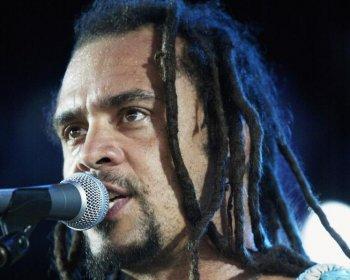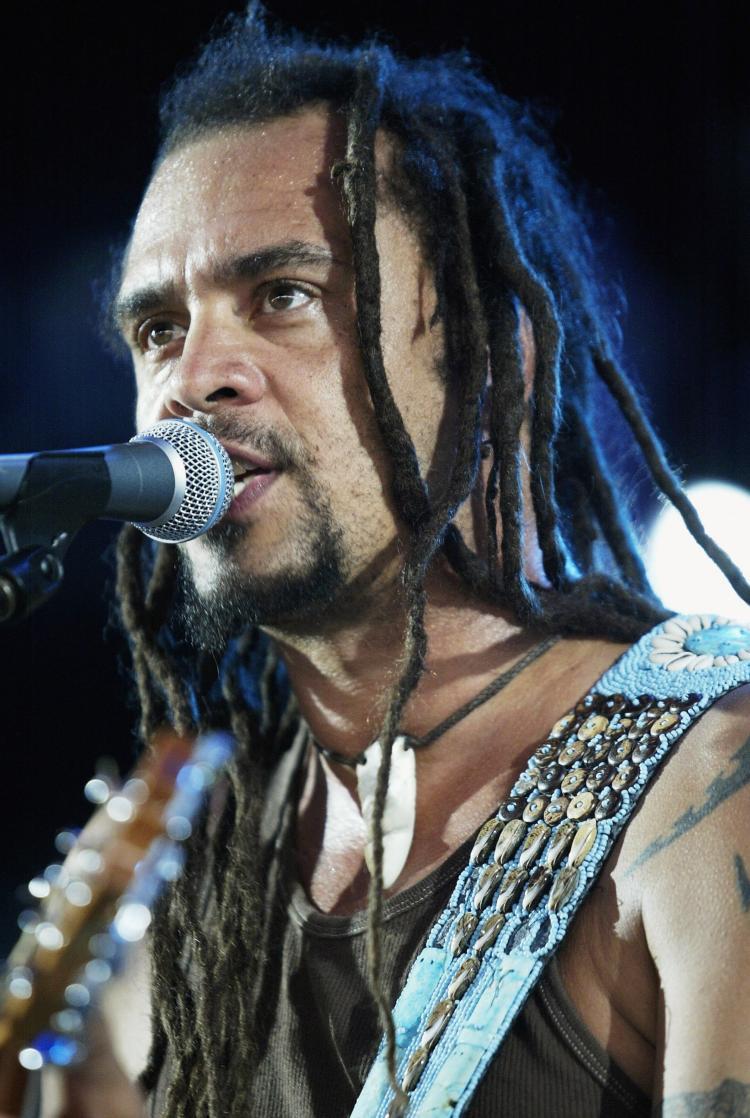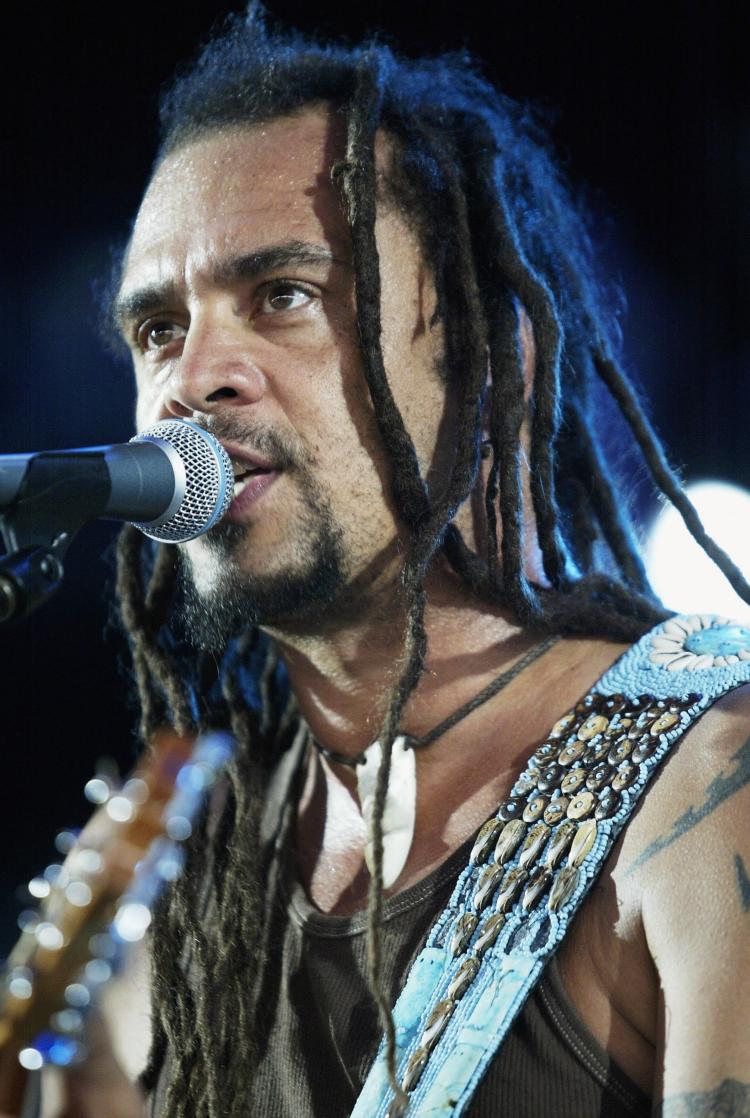While you won’t spot celebrities on the red carpet or the flash of paparazzi cameras at the Amnesty International Film Festival, what you will see are important, relevant films that reflect the troubled and inspirational times we live in.
The subject matter is serious and often stark in its delivery, but the poignant films have a very clear purpose—uncovering injustice around the world. If ignorance is bliss, then be prepared for a rude awakening.
Films at the 2010 festival, which takes place in both Toronto and Vancouver from Nov. 18 – 21, cover topics such as international law, corporate accountability, women’s empowerment, indigenous rights, and the right to freedom of expression in countries like India, Burma, China, Tanzania, Peru, and Sierra Leone.
‘The Devil Operation’
Two noteworthy films are “Sounds Like a Revolution” and “The Devil Operation.” In the latter, Father Marco Antonio Arana Zegara became enemy number one of a mining company seeking to exploit the gold resources of Peru in 2006.
Big mining companies and farmers out to protect their land don’t mix, and the inevitable clashes that ensue between these two groups sets off a string of events that resembles a Cold War espionage plot.
Peruvian farmers attempt to block the Yanacocha mining company from surveying and exploring Mount Quilish, a life sustaining mountain of considerable importance to the Peruvian people who depend on its resources.







